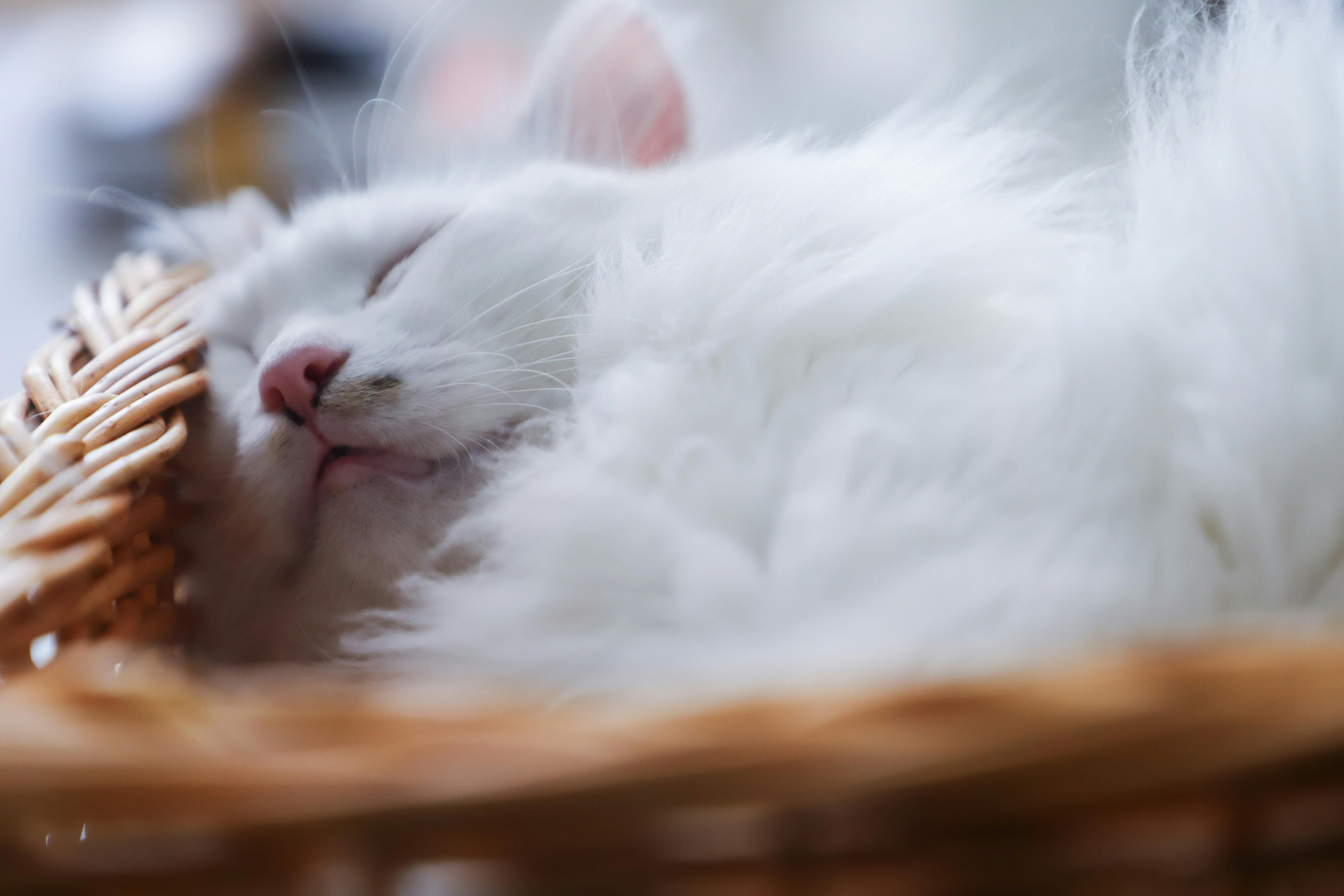Title: Walking through the limits (Berjalan Menembus Batas)
Authors: Ahmad Fuadi and friends
Editors: M. Iqbal Dawami and Henny Ikhdah
Publisher: Bentang Pustaka Yogyakarta
Published: 2/March 2012
Number of pages: xvi +172
Price: Rp39,000
ISBN: 978-602-8811-62-0
“If you want something you’ve never had before, you have to be willing to do something you’ve never done.” -Thomas Jefferson
The ocean of life constantly exposes some tides. While standing tall at the top, those people have never been arrogant. Even when crawling along the bottom of the ravine, there is no turning point. Go ahead with hope. Because – Man Jadda Wa Jadda – who works tirelessly has never failed.
It is not just a rhetorical phrase, the 14 authors of this book had some experiments with their daily lives. They walked straight through the thick fog in the dark night. Although obstacles were scattered along the way. Including financial constraints (Chapter 1: Against Property), physical infirmities (Chapter 2: Resisting Pain), and very limited space to move (Chapter 3: Limit on Pervasive Enterprises).
One of them is Ahmad Fuadi. He is the author of Negeri 5 Menara (2009) and Ranah 3 Warna (2011). In fact, he had a social mindset. Minang’s son founded the Tower Community (Komunitas Menara). He has a modest but significant program. They ran a free early childhood school for a very poor family. It is located in Bintaro, Tangerang South.
In this Walking Through the Limits, the 2010 Indonesian Readers Award (API) winner invited 13 other creative writers. Among others, Bernando J. Sujibto, UIN’s Most Prolific Young Author in Media Sunan Kalijaga Yogyakarta (2006); Rahmatika Choiria, a first grade student at SHS in Ponorogo, and Diannafi, a housewife who loves the rain very much.
As a child, the term – byar pet – was unknown to Bernardo J. Sujibto. Because there were only pets in his town. Which means there was no electricity at all. However, Sumenep student Madura successfully won an IELSP (Indonesia English Language Study Program) and IIEF (Indonesia International Education Foundation) scholarship in the southern US precisely in South Carolina . He is not far from Colombia (page 5).
During these two months (June-July 2010) he ngangsu kawruh (study) on languages and cultural programs. Since his earliest childhood in the MTs and Pesantren Annuqayah, Madura, Bernando has already fallen in love with literature. Uncle Tom’s Cabin: Harriet Beecher Stowe’s Masterpiece, The Adventures of Mark Twain, and Some Translations of Ernest Hemingway became his daily reading materials.
Interestingly, he bought those books with his own money. While still studying at the 2nd grade MT, Bernardo has never been shy about selling a few packets of rice to the students there. From each package sold, he earned Rp100. In one day, he could save Rp1,500-Rp2,000. His bookshelf was filling up.
Not only the works of Western writers are collected, the 3 x 2.5m seized room was filled with many books by some legendary Indonesian authors. Like Pramoedya Ananta Tur, Putu Wijaya and Seno Gumira Ajidarma. Horizon magazine was her subscription every month. Because reading a lot, Bernardo began to write and send some articles to the media.
In 2001, his writings began to be published in some magazines. From Horizon, Anninda, Sahabat Anak and Kuntum. Also, he was eager to learn English. By the way, there were two volunteers from Australia, Margaret Rolling and John Rolling. Bernardo silently determined, “One day I must experience studying in a foreign country (page 14). It had a beautiful ending. Bernardo’s longing to be in contact with the Western world finally came true (2010).
He also mentioned a children’s story (page 125). She was left by her mother, who died when she was still a baby. A father’s love is the only thread of hope. Shohifah Annur, so that’s the name of this girl. Surprisingly, while she was writing the story for this book, Ifah had lived in Germany for a year and a half. Her master’s scholarship led her to achieve her childhood dream in Boyolali, Central Java.
This 172-page book is based on true stories. The characters are not the political elite who corrupted the people’s budget, but the grassroots who are drenched in sweat under the scorching sun. I couldn’t agree more with Rina Shu’s argument: “The Lord has blessed me with two hands that still function well, so he should be thankful for using them well too.” Happy reading! (T. Nugroho Angkasa S.Pd, English teacher at PKBM Angon and English Club Canisius JHS Sleman, Yogyakarta, Indonesia)


